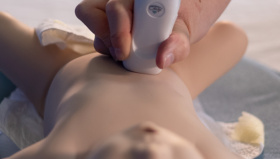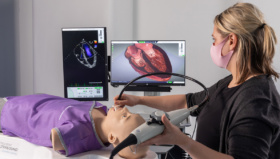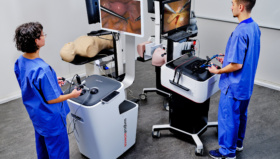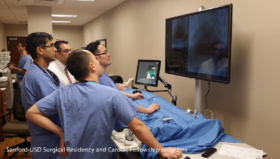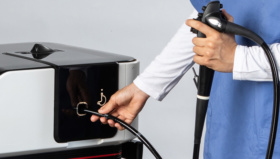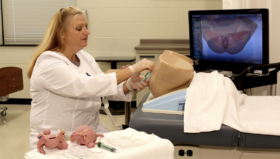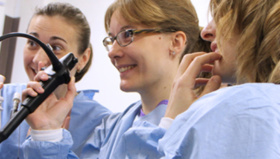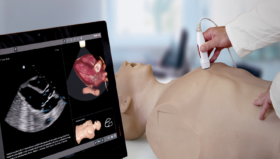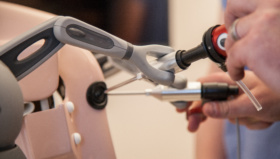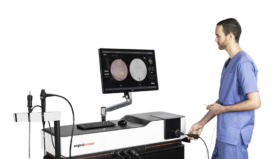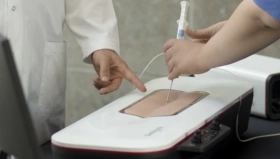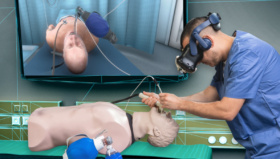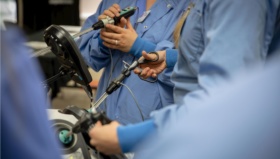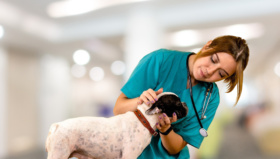Fundacio Puigvert (Puigvert Foundation) is one of Europe’s leading centers for the provision of specialized medical care in Urology, Nephrology, and Andrology.
Its highly trained and prestigious medical staff has extensive experience, working in comprehensive, multi-disciplinary teams.
This institution located in Barcelona, Spain provides personalized care and it is focused on a deep knowledge in the medical sciences relating to the study and treatment of pathologies and functional disorders of the urinary tract and male genital system.
Fundacio Puigvert is associated with the Faculty of Medicine of the Autononous University of Barcelona and provides three different training programs: university programs (undergraduate), specialization programs (postgraduate and residency training), and specialized training courses for physicians.
The Challenge
Dr. Francesco Sanguedolce, Department of Urology at Fundacio Puigvert – Autononous University of Barcelona, wrote in his article, “Simulation in Urology, Is Virtual Reality the New Frontier?” that due to the increased awareness of the safety and rights of patients, quickly evolving technology, and the standardization of health care provision worldwide, a 3-phase approach for the training of surgical techniques has been widely established to include the following:
- Cognitive, theoretical phase.
- Simulation phase to acquire proficiency in targeted surgical abilities and confidence with new technology.
- Operating theater where pre-defined modular steps of the surgery are performed according to levels of difficulty.
In this process, one of the most crucial issues is the type of simulation to be included in the curriculum, considering the speed of the learning curve significantly depends on it
said Dr. Sanguedolce.
The importance of standardizing the training curricula was shown in two independent studies conducted among Italian and German residency programs. Only a small number of residents in the programs (less the 5%) could perform major or complex procedures by end of their residency.
The Fundacio Puigvert saw the need for virtual reality simulation in their residency and postgraduate training programs. They decided to establish a virtual reality simulation lab to include endourological, laparoscopic and robotic platforms, with Dr. Sanguedolce, Dr. Emiliani and Dr. Gaya, led by the Director of the Urology Department – Prof J. Palou. However, they felt it wasn’t enough to introduce smart or highly technological software in the training programs. The need for validation studies to make sure those tools are really well designed to successfully transfer skills with the exercise was imperative.
Dr. Sanguedolce explained that when looking for a simulator for robotic surgery, they wanted a simulator to replicate both the hardware and the software of the robotic Da Vinci console used in the operating room but without being connected to the actual physical console in the operating room. They wanted a system that could provide both basic and advanced simulation training. Equally important was to have a metrics system to assess the proficiency of the trainees before they actually performed surgical procedures in the operating theater.
The Solution
The Fundacio Puigvert purchased URO Mentor, LAP Mentor and RobotiX Mentor simulators for hands-on practice of basic skills and advanced procedures. A team of three consultants of the Fundació Puigvert was set up in order to mentor the trainees with established curricula in endourological, laparoscopic and robotic surgery, propaedeutic to any activity in operating theaters.
The RobotiX Mentor became an integral part of their undergraduate and residency programs to master robotic surgical technique.
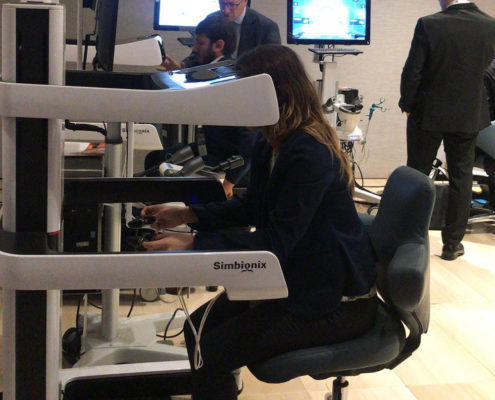
According to Dr. Sanguedolce, the benefits and advantages of the RobotiX Mentor for their undergraduate, residency and Master Class programs are:
Realistic hardware – We were looking for a simulator that would be like the Da Vinci console we have in our operating rooms. The RobotiX Mentor has an extremely realistic console, 3D visualization, and free-moving joysticks that replicate the Da Vinci console we have in the OR.
Standalone unit – Residents can train on the RobotiX Mentor console without it being connected to the clinically active robot that is housed in the OR was an important factor in choosing the RobotiX Mentor. It allows trainees to come in on their own time to practice skills and procedures without having to schedule an operating room or have attendings be present.
Both skill sets and procedural modules – Sanguedolce explained, “We wanted our simulation lab to provide simulation training for a wide variety of purposes. The RobotiX Mentor’s wide variety of modules, tasks and cases provide both basic and advanced training.” Medical students and residents can learn about the anatomy, practice repeatedly basic skills and guided procedures, moving through the different difficulty levels until they are comfortable with the skills and procedures. Surgical Science has boosted the learning experience with procedural modules that allow advanced residents and experienced robotics surgeons to come in and actually practice operations as opposed to just practicing skills.
Realistic simulation – The simulation itself is very realistic; the anatomy and tissues behave like in real-life when dissected, manipulated and sutured. The whole interaction between the surgical instruments and the anatomical environment is very similar to the actual procedure.
Guided procedures and free-hand training – Another thing that I liked is the procedures are divided into step-by-step tasks which help the trainees remember the whole surgical procedure. They can understand the steps and be able to make the transition from the beginning cleanly to the end of the procedure, aided by the guidance feature. Once the trainees feel comfortable with the guidance part of the simulation, they can go a step further with the free-hand procedure with no guidance prompting.
Measuring performance – “What I like about the Surgical Science’ performance reports is that they allow us to set proficiency levels for those metrics we feel are important for our Urology Residency curriculum. We expect the residents to achieve these levels in order to proceed to the next step in the program.” In reviewing the performance reports, three physicians evaluate the trainees’ accuracy as well as their errors. In some cases, they will work side by side on the RobotiX Mentor with the trainees, reviewing their errors and discussing how they can improve.
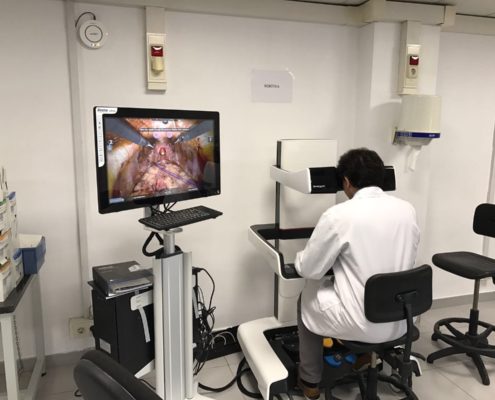
The Outcome
The importance of standardizing training curricula is reflected by the growing need of urological residents to receive adequate exposure during training for them to safely operate once they are qualified
said Dr. Dr. Sanguedolce.
“The RobotiX Mentor plays an important role in the successful training of our surgical residents. Its wide variety of simulation modules allow for the progressive acquisition of skills, confidence and proficiency needed to perform in the operating room. The fact that we can both quantify and qualify different aspects of their training allows us to better assess whether or not they are ready to perform robotic surgery.”
